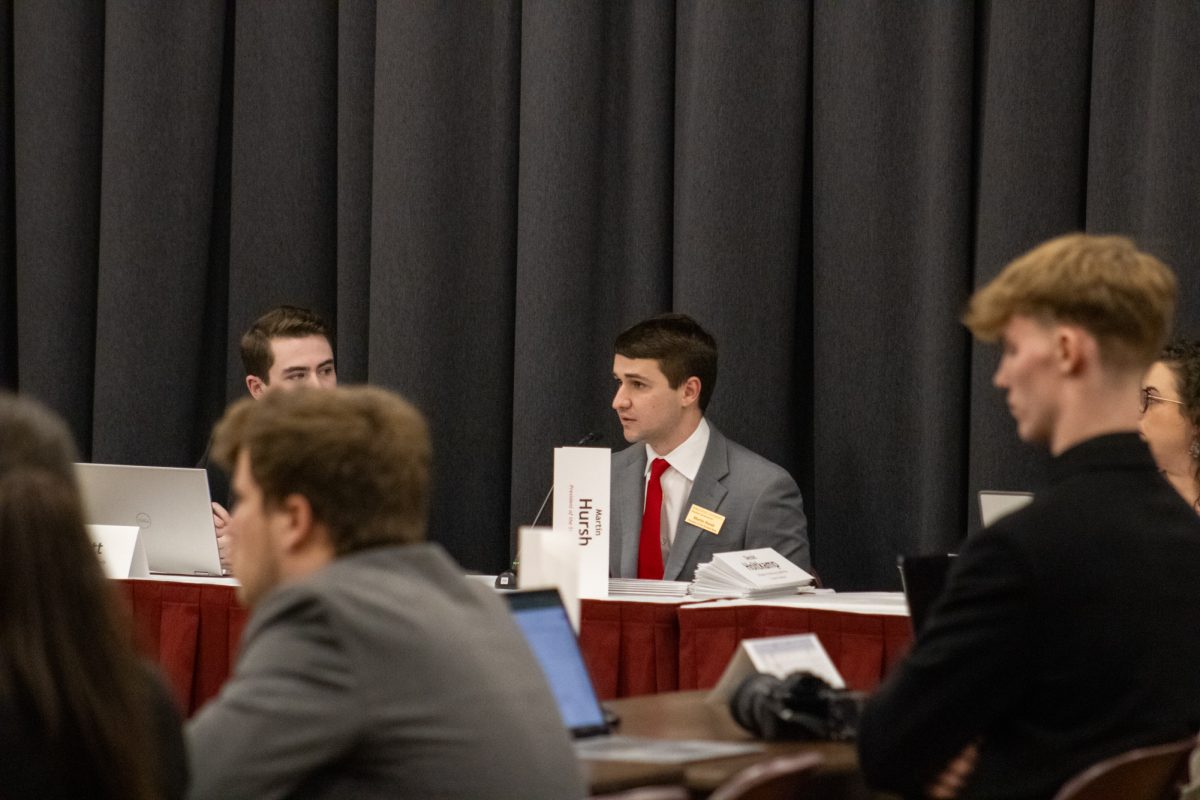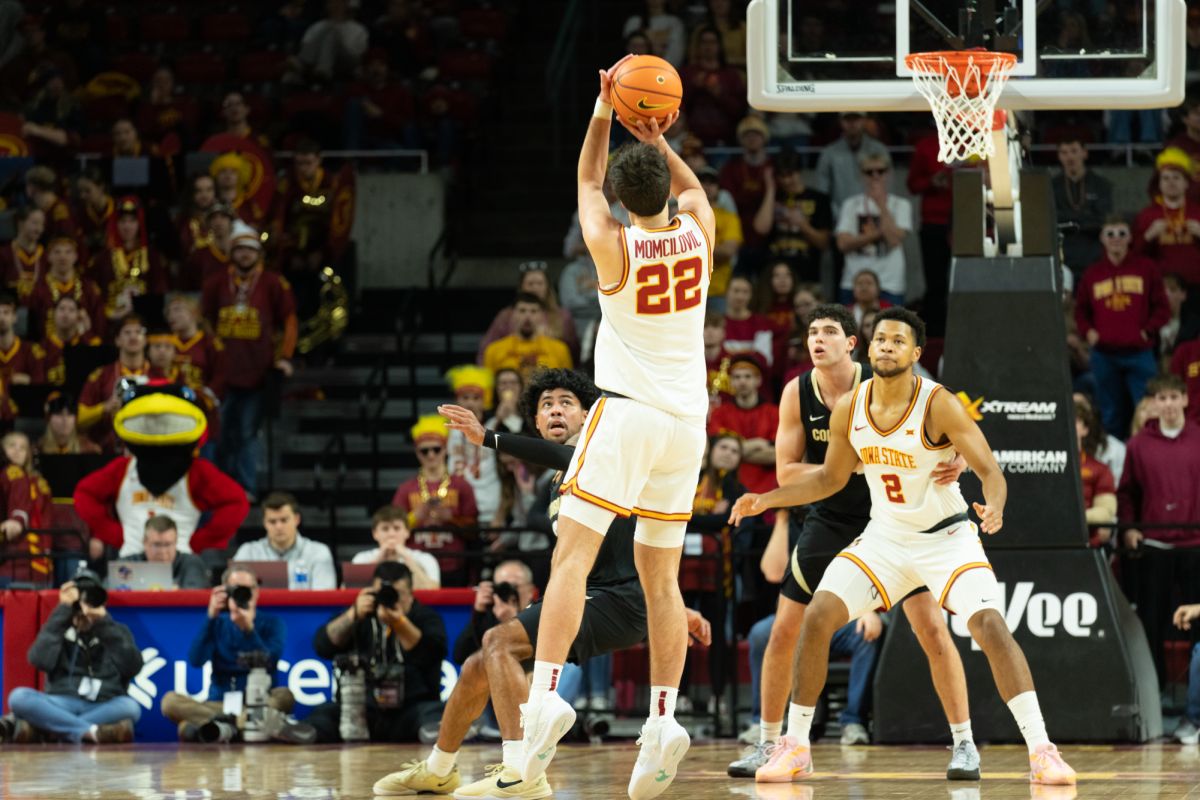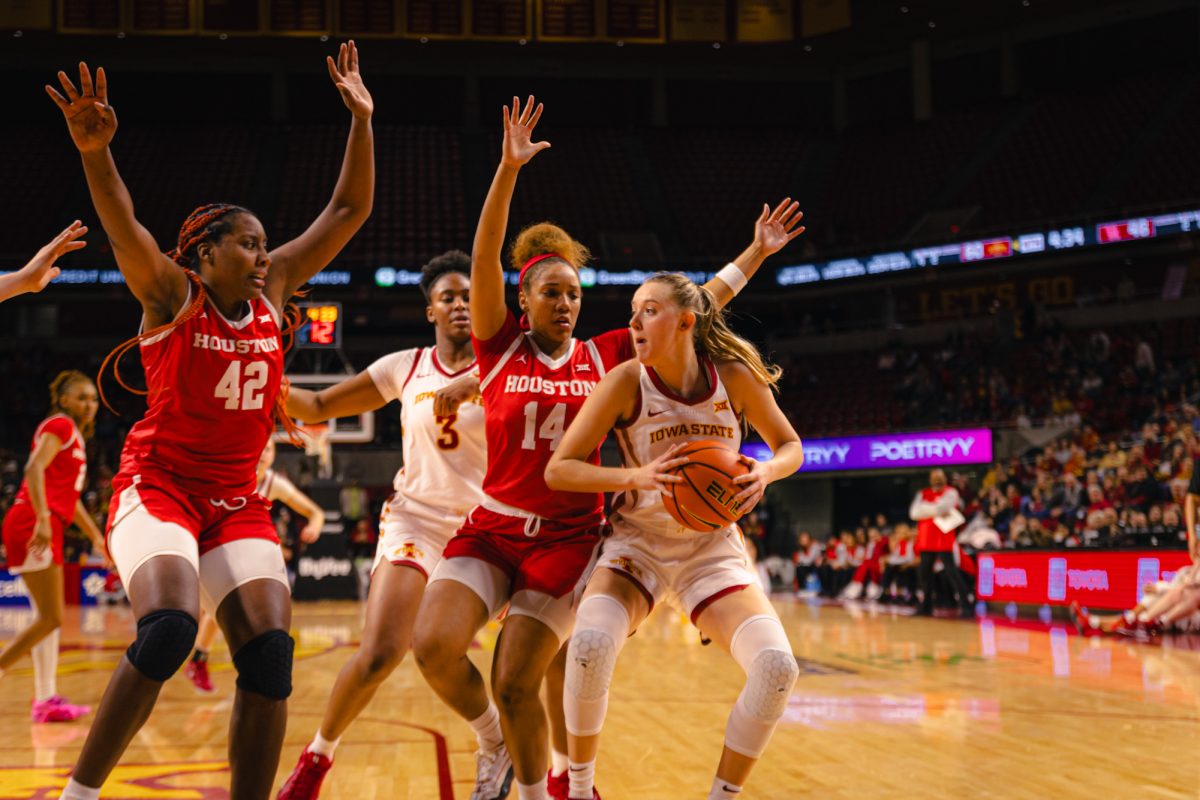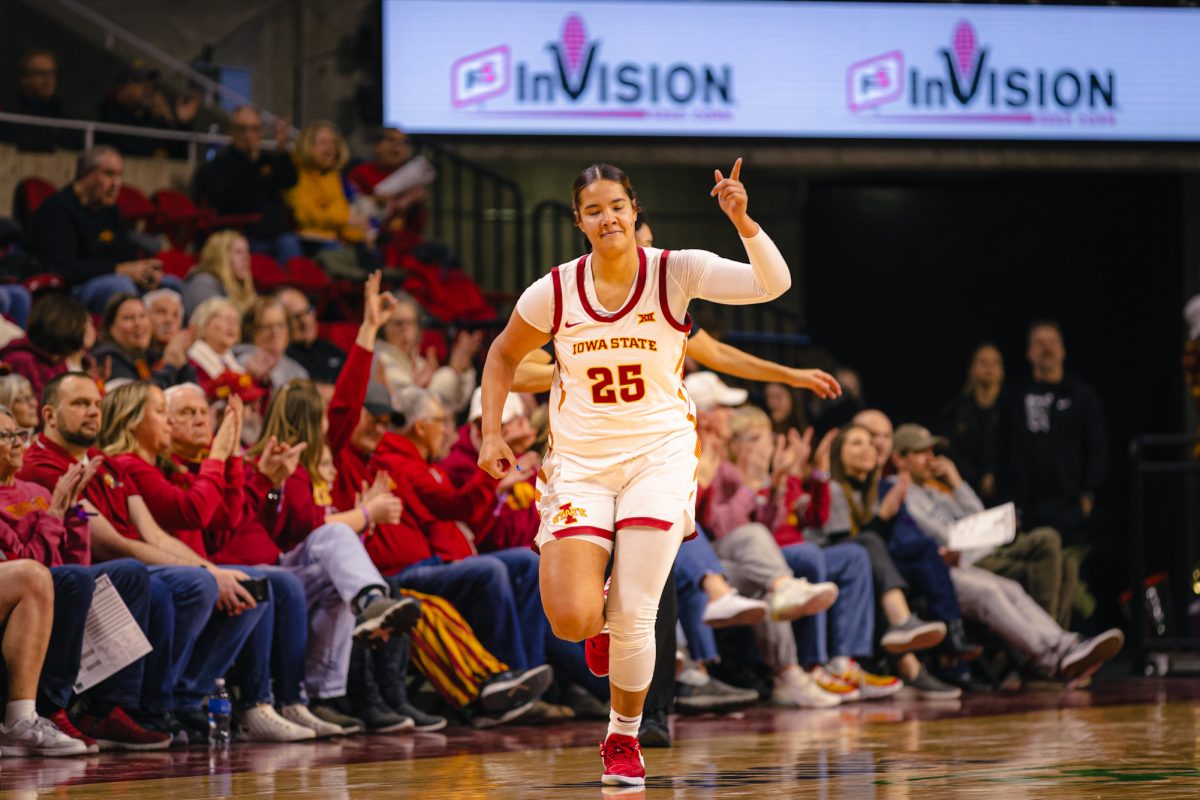Study abroad offers cultural perspective
January 17, 2007
In the 2005 fiscal year, 1,184 students journeyed to remote places around the world under the ISU Study Abroad Program.
Marie Easton, senior in German, visited Europe but stayed mainly in Germany. She found the perception of Americans wasn’t as extremely distorted as she thought.
“Most people were like, ‘Oh, cool, you are an American,’ but some acknowledged it with a chuckle,” Easton said. “They sort of expected us to look and act like how we appear in movies.”
Easton said most Europeans would ask her if she was from either Florida or California.
When the question about U.S. government policy would come up, Easton found the media produces conflicting images on both sides.
“I would just reply the government isn’t the same as the society,” Easton said.
Easton noticed that while she was in Spain, there were a few Americans who were being loud and staying mostly in groups of other Americans.
She said the traveling Americans were mostly friendly and outgoing.
“Traveling abroad is a much more profound experience when you can interact with the people and just look at stuff,” Easton said.
John Baldwin, junior in biochemistry, traveled to India recently. He knew a fair amount about the culture, such as the basic history and religions. In his experience, Indian people were generally impressed to have met an American.
“Some found it extremely interesting. But mostly it was just a question of interest,” Baldwin said.
While in India, Baldwin found that elements of some sectors were aimed at taking advantage of travelers.
“It is widely held that, you, as an American, have a lot of money,” Baldwin said. “A few people are out to take financial advantage of Americans.”
However, the warmth the Indian people held for travelers left an impression on him.
“In Calcutta, there is a lot of support for foreigners,” Baldwin said.
Some travelers have not always had such pleasant experiences. While traveling to France, Dimple Patel, senior in accounting, said he had to wait for food for an hour at one restaurant and received wrong directions, along with other minor inconveniences.
Patel also saw a few Americans acting without regard for customs and language.
“I saw some not trying to use some of the basic language; acting with a cocksure, loud attitude,” Patel said. “By the end, I was telling people that I was Indian.”
Some students said traveling to another country allowed them to come away with a positive view of American life.
Easton expressed a wish for specifically American traditions, like the British “tea time.”
“I think it’s [the United States] the greatest country,” Patel said. “I don’t have to worry about running water or having electricity.”






